CRM software gathers all the data from every department in the organization to serve customers with utmost priority. CRM database not only enhances your business to expand but also creates a positive customer experience.
A customer Relationship Management system (CRM) is an amalgamation of processes, approaches, and technologies. Organizations adopt CRM to handle and interpret customer data and interactions. CRM software helps organizations to achieve objectives like sales, higher customer retention, and a positive customer experience.
CRM system gathers data from many sources like website, phone, email, marketing channels, and social media platforms. The customer interaction teams can access customers buying history, interactions, buying patterns, and other information through CRM. The role of CRM in business strategy is to streamline the processes.
Businesses can source their data internally and externally:
Businesses source data from various marketing campaigns. The business owners can gather the data internally by the call to action buttons, forms filled by users, internal data transfer by other teams. The internal database includes information like consumer behavior, purchase patterns, and customer's digital behavior.
Businesses buy the database from a third-party vendor. External data has information about location, contact details, and other information.
Your business must modify the database according to the business requirements. The database can be either qualitative, dirty, or duplicate.
The foundation of an organization’s success lies in its database. It is crucial to understand the four Vs of a huge volume or also known as big data. Following Vs when integrated with a CRM database, will benefit organizations to select the best data vendor and set the right expectation.
Volume and variety will help to define the nature of data:
• Volume
The CRM shares data in real-time with the sales and marketing team.
• Variety
The source of CRM data is more diverse than ever. In the initial stages, it only had basic demographic information. Nowadays the CRM database also captures additional customer data.
Veracity and velocity will help to define the expectation of data:
• Veracity
With the integration of automation and analytics in CRM, the database has become even more accurate. CRM stores and updates customer information from various sources.
• Velocity
The growth rate of data is rapid because of data creation and collection regularly.
A qualitative database is essential for business expansion. Organizations need to modify dirty and duplicate data. Businesses can decide whether they want to keep the dirty database or to delete it. A customer relationship management system will help to merge the duplicate data into one account.
Enforcement of CRM database strategy has two essential steps. The first one is to assess, clean, and augment your CRM database. The second step is to update, govern, and leverage the CRM database.
The elementary steps to manage your CRM database are:
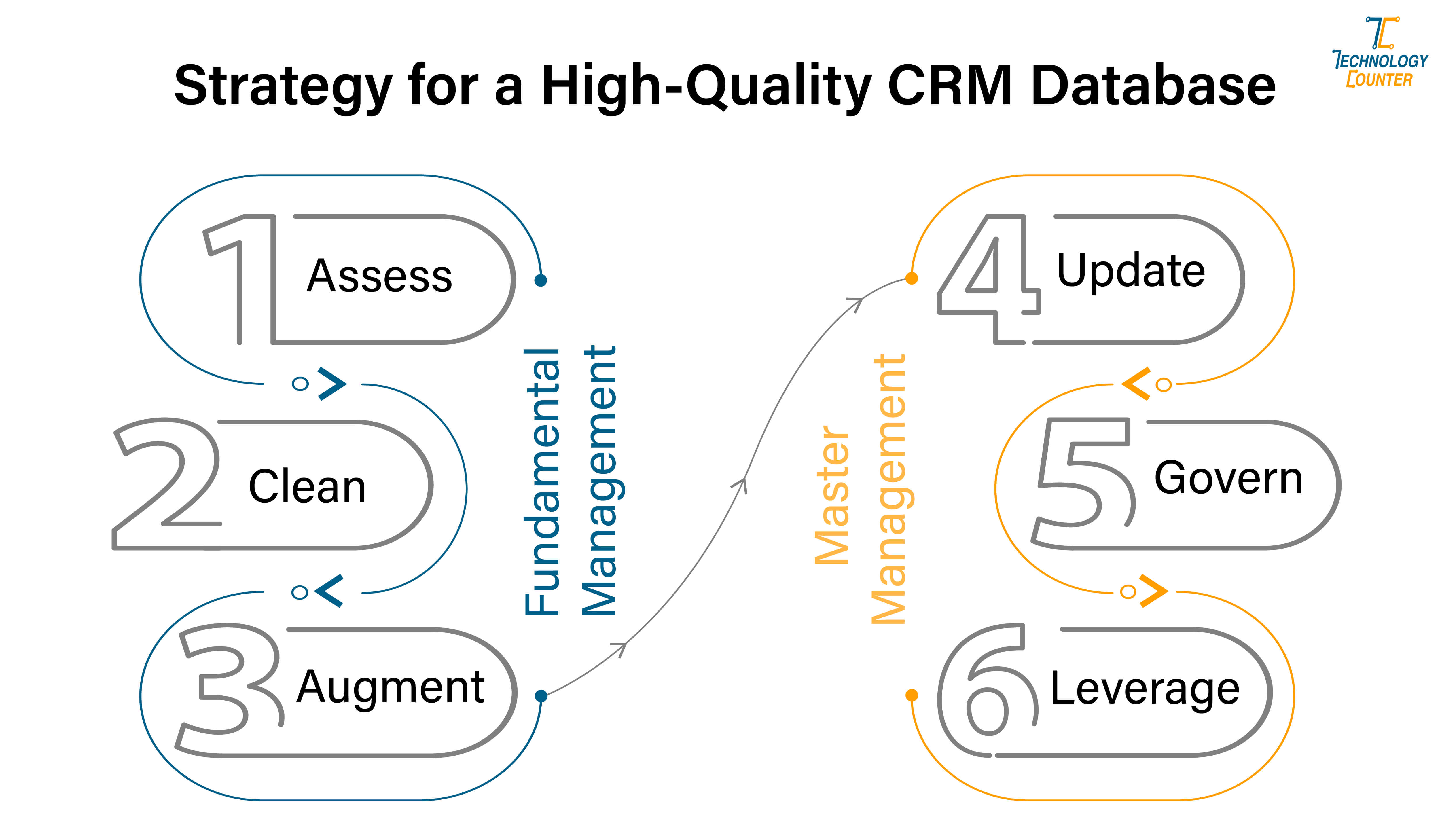
• Assess: It is essential to audit your database.
• Clean: Cleaning dirty and duplicate data helps organizations to have a qualitative database.
• Augment: An automated CRM or a third-party data vendor will help to gather the missing pieces of the database.
The secondary step to managing your CRM database is:
• Update: Organizations should hire a vendor or an in-house team that regularly updates and maintains the database.
• Govern: Organizations need to draft audit standards, who has access to control the database.
• Leverage: Accomplish business process with clean and augmented data.
Categories of technology to save the CRM database:
According to your organization size and needs, you can choose the CRM technology from the following:
Cloud computing has revolutionized today’s business processes. Cloud based CRM software is also known as SaaS (Software as a Service). Online customer relationship management software updates all the data on a central server. It enables your workforce to access the data from anywhere. Your team will only need a compatible device and an internet connection.
Small business management software can use the cloud to store their data because it is economically viable. Organizations do not have to spend on hardware setup and maintenance. The vendor is responsible for fixing the bugs and maintaining the system. The database automatically migrates to the new upgrade. The deployment of cloud-based CRM software is easy and quick.
Security of the data is the biggest concern for cloud-based CRM software. The organization does not handle the storage and maintenance of the database. While considering cloud-based CRM software, business owners need to check the longevity and cybersecurity of the provider.
Online customer relationship management software helps your organization in cost-cutting. The vendors charge according to the number of users and give payment options like monthly or yearly subscriptions.
The businesses can use the saved amount for business expansion.
The organization takes care of handling, updating, and maintenance of the database. Organizations purchase all the licenses before installing the CRM software.
The company server stores the CRM software so that the data is more secure. The installation process will be longer. The organizations with complex CRM needs will benefit from on-premise CRM software.
Businesses can modify Open source CRM software for free of charge. The distribution of the software is under the license agreement that allows sharing and editing for free. Open source CRM is best for those organizations that do not want to spend a lot on the CRM vendors.
Different Types of CRM database in use:
CRM has broad application in the organization. The different types of CRM software on basis of usage are:
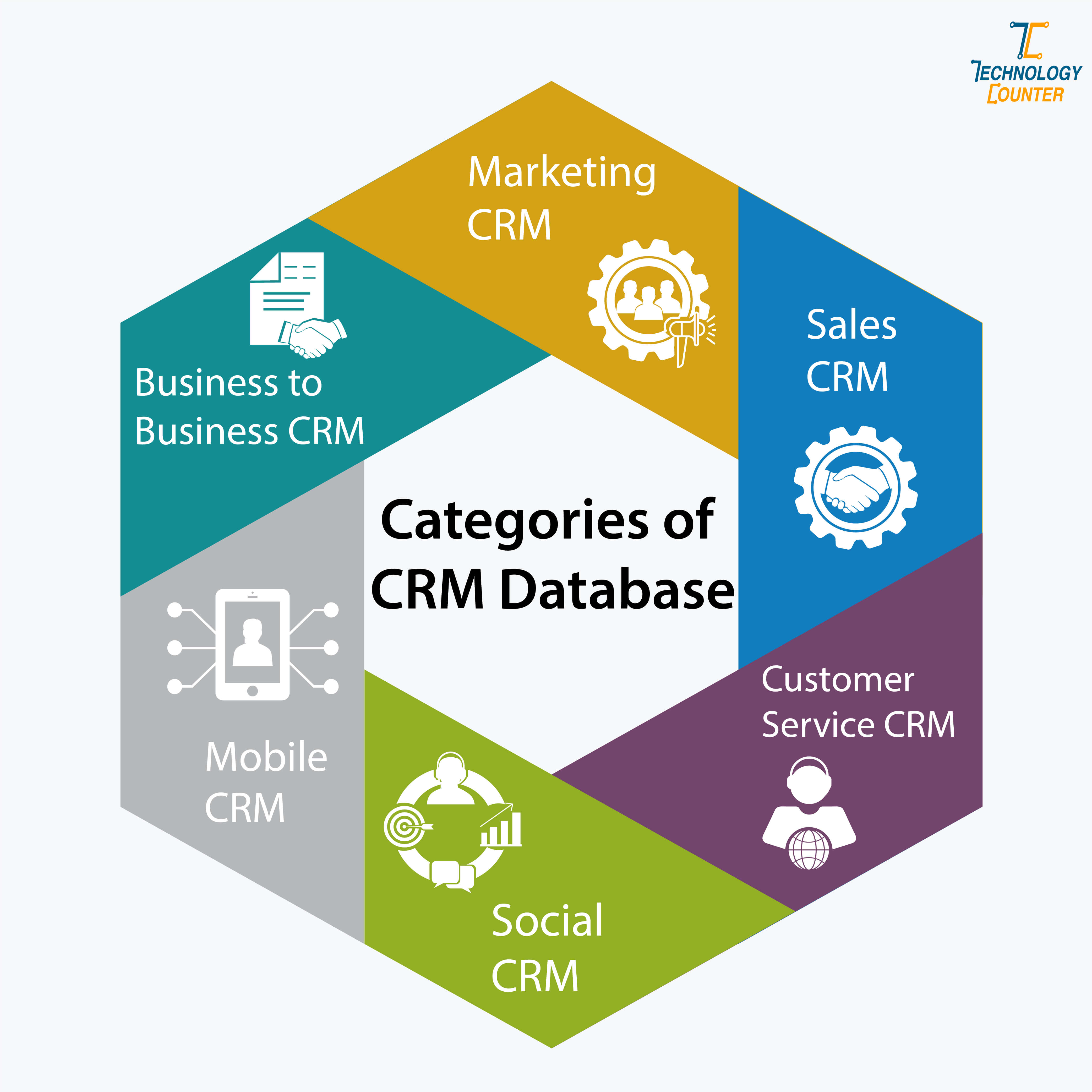
Marketing is the first step and contact between the customer and the organization. CRM helps to gather and store relevant database to share with the respective departments. Customized marketing campaigns help businesses to target the right audience. Marketing CRM benefits to create more personalized content and segment your data.
The sales team keeps your business up and running. Sales CRM stores the database required by the sales team to make revenue. It helps to have better insights into your sales pipeline, calculate the conversion rate, reduce your timespan to close the deal, and predict the sales.
After-sales is vital for any organization to retain customers and expand its customer base. Customer service CRM software stores the database right from the first interaction of the customer with the organization. CRM holds all the customer databases throughout his lifespan with the organization. It helps the customer service team to resolve customer grievances effectively and pass the data feedback to the relevant department. Management can gauge and implement the changes wherever necessary.
Social media is a key player in transforming today’s world. Social CRM helps organizations to engage with their customers on Instagram, Linkedin, Facebook, Twitter, Blogs, and other social media platforms. Social media acts as a forum for two-way communication with the customer and the organization. Customers can put unbiased feedback and grievances on social media.
Businesses can use social CRM tools to track specific brand mentions and keywords to the target audiences. Business owners integrate social media with their database to get an overview of the customer.
Mobile CRM has revolutionized business processes. The deployment of CRM on mobile phones and tablets has made it easier for the sales team to close deals on the go. The workforce can access the necessary information from anywhere.
For organizations that have a business-to-business (B2B) module, CRM software will help them for more visibility into their database. The CRM software will filter your lead funnel according to the business requirements.
Small, medium, and large (SMEs) businesses can benefit from CRM software. The following are the benefits of CRM for your business:
CRM helps the sales and marketing team to filter their lead funnel. Filtration aids in understanding the unproductive leads and lets your sales team focus on qualitative leads. A qualitative lead database will expand your business.
Accumulation and analysis of customer data help businesses to understand the customer’s likes and dislikes, purchase behavior, and buying trends. Understanding customer needs helps to serve the customer according to their likes. CRM database helps you to serve your customers with a pinch of personalization
The customer relationship management system has a record of each interaction or concern of the customer. This record helps to give the best resolution to the customer to build a positive customer experience. Saving customer interactions and grievances in the CRM database helps to retain the customer and cross-sell the customer.
It is crucial to unite, share, and arrange the CRM database so that the workforce can access the information for business expansion. CRM software helps to modify and maintain the database for growth. A high-quality CRM database can be the stepping stone for success.

Subscribe & get all related Blog notification.
Easily find the ideal software for your business with our extensive software database.
Explore Software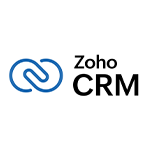
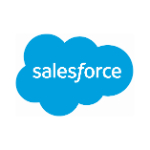

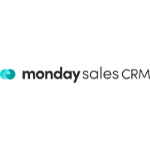
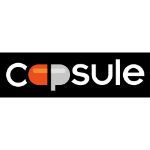
Post your comment